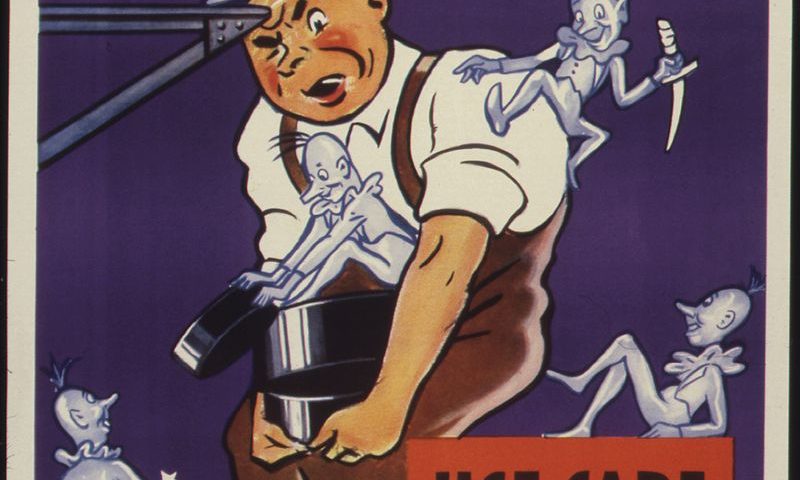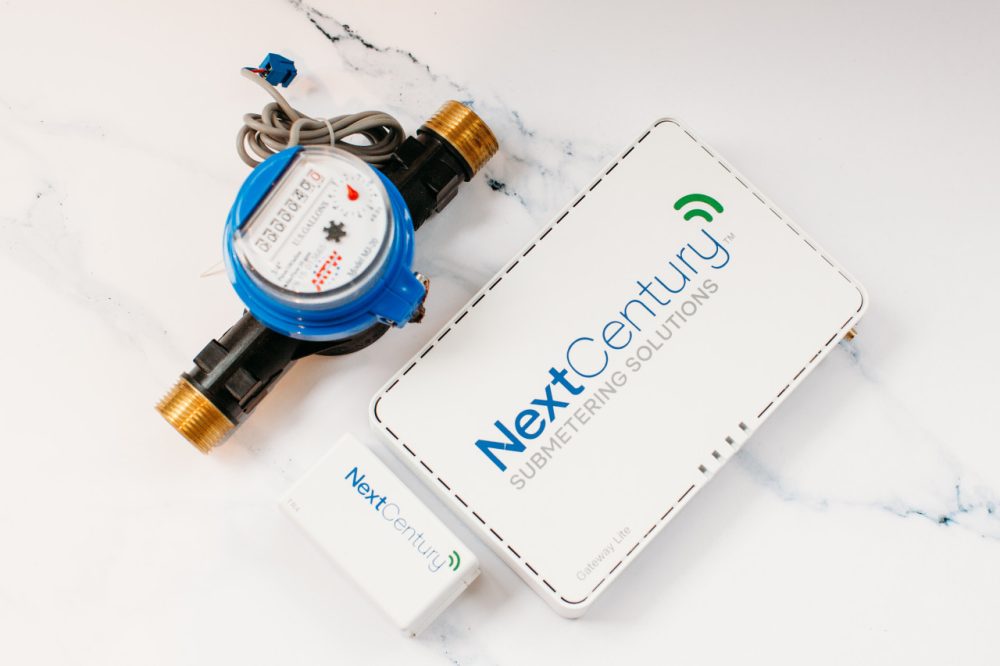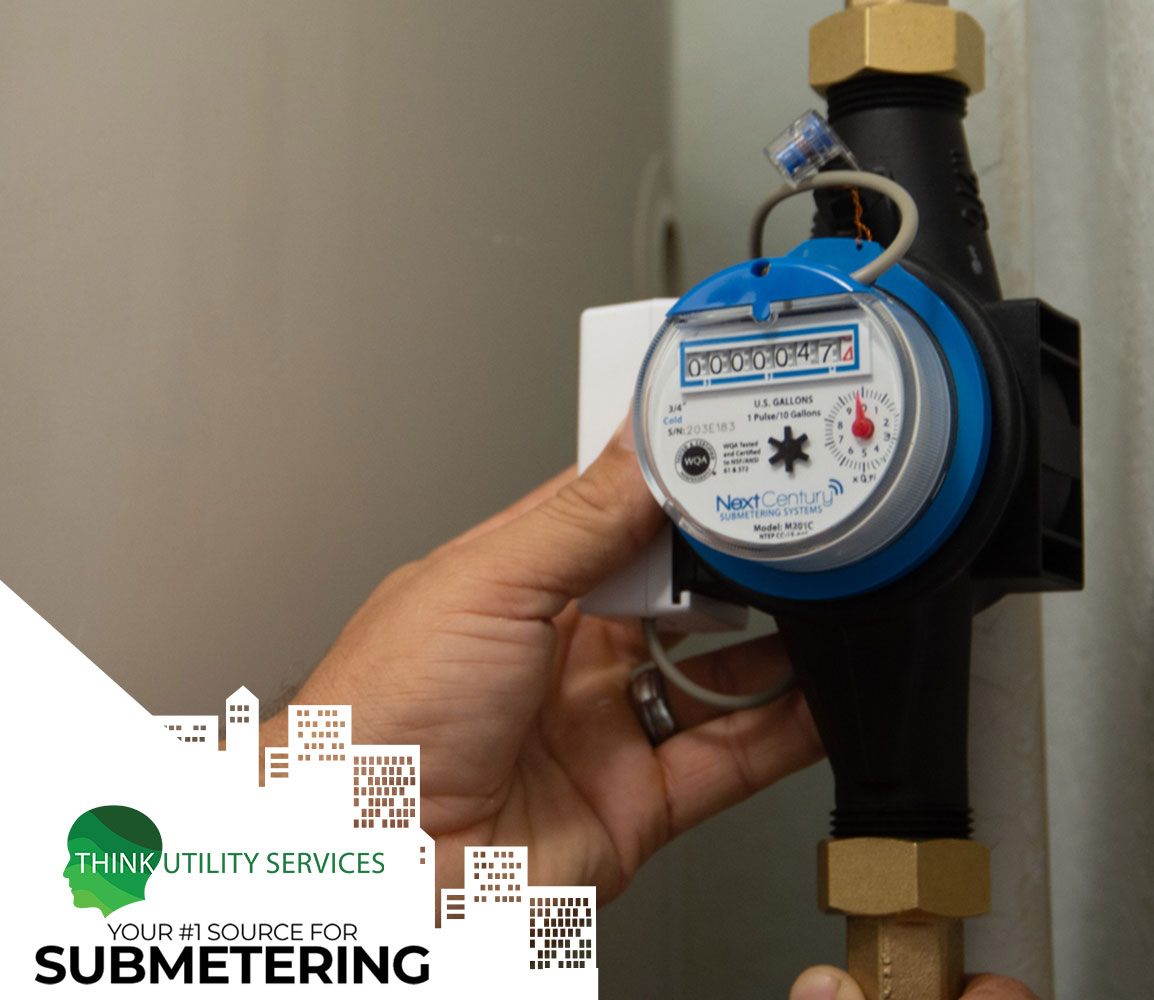
Customers Changing Habits, Change Outcomes with Submetering
June 9, 2020
Learn 7 Ways to Save Water and Reduce Your Utility Bill
July 10, 2020Submetering System Gremlins
In the first and second world wars pilots popularized the idea of small, mischievous creatures called gremlins that caused things to inexplicably malfunction. The idea became a part of popular culture leading to safety posters, cartoons, and ultimately movies in the 1980s and 1990s. While the idea of a gremlin is a humorous way of attributing blame for malfunction or misfortune, the pilots understood that the real culprits were a lack of maintenance, or care when repairing aircraft. In their case, these gremlins ultimately led to pilot death and the destruction of aircraft that were desperately needed. In the same way, not maintaining or repairing a submetering system opens the door for gremlins that reduce income and increase resident dissatisfaction and anger.
So what are these submetering system gremlins, and how do they affect your community’s income and residents? To answer these questions, it is advantageous to understand how submetering systems work, and what can go wrong. The most popular submetering system is a pulse output system. The basic concept is actually quite simple. A meter has a small switch inside that opens and closes with every ten gallons of water consumption. A transmitter is attached to the meter. There is a counting circuit in the transmitter that increments by one every time the switch in the meter closes. Each increment represents ten gallons of water consumption. The transmitter broadcasts its count to a repeater that strengthens the signal and sends it forward to a radio receiver embedded in a computing device. These receiving devices go by a number of names, but the most popular recent name is a gateway. The gateway is connected to the internet through a standard network cable, or via a cellular connection. The billing company receives the readings and is able to calculate consumption and create a charge.
What can go wrong in the chain of technology? Obviously, the actual meter may malfunction. There are two areas of potential failure. The internal gearing within the meter may fail, but that is actually a rare occurrence. More commonly, the switch in the meter that opens and closes fails, or can begin to open and close too fast or too slow. That will obviously affect the consumption registered. Much more commonly, the wire connecting the transmitter to the meter may become disconnected. That will give the appearance that there is no consumption within the unit, as the transmitter will send the same reading over and over again. One of the most common points of failure is the battery inside the transmitter. These batteries are designed to last between five and twenty years depending upon the type of transmitter used. When the battery fails, readings are no longer received.
If a repeater fails, a group of meters will not be received. This isn’t because the meters or transmitters have failed. It is because the transmitted signals are not reaching the gateway. Finally, the gateway may stop collecting and making available the meter readings for the community. This usually occurs because of a loss of power, or disconnection from the internet.
While this is by no means a comprehensive list of everything that can go wrong, it does give an overview of some of the technical issues that prevent valid meter readings from being received. Having analyzed many community submetering systems, what I typically find is there are multiple points of failure that affect the integrity of the system as a whole. Some unit transmitters have ceased operating. A few meters have malfunctioned. A repeater or two stopped working. The combination of all of the above results in a submetering system that is no longer delivering valid meter readings on every unit. Just like the gremlins of old, these issues occur because of inattention and inadequate maintenance.
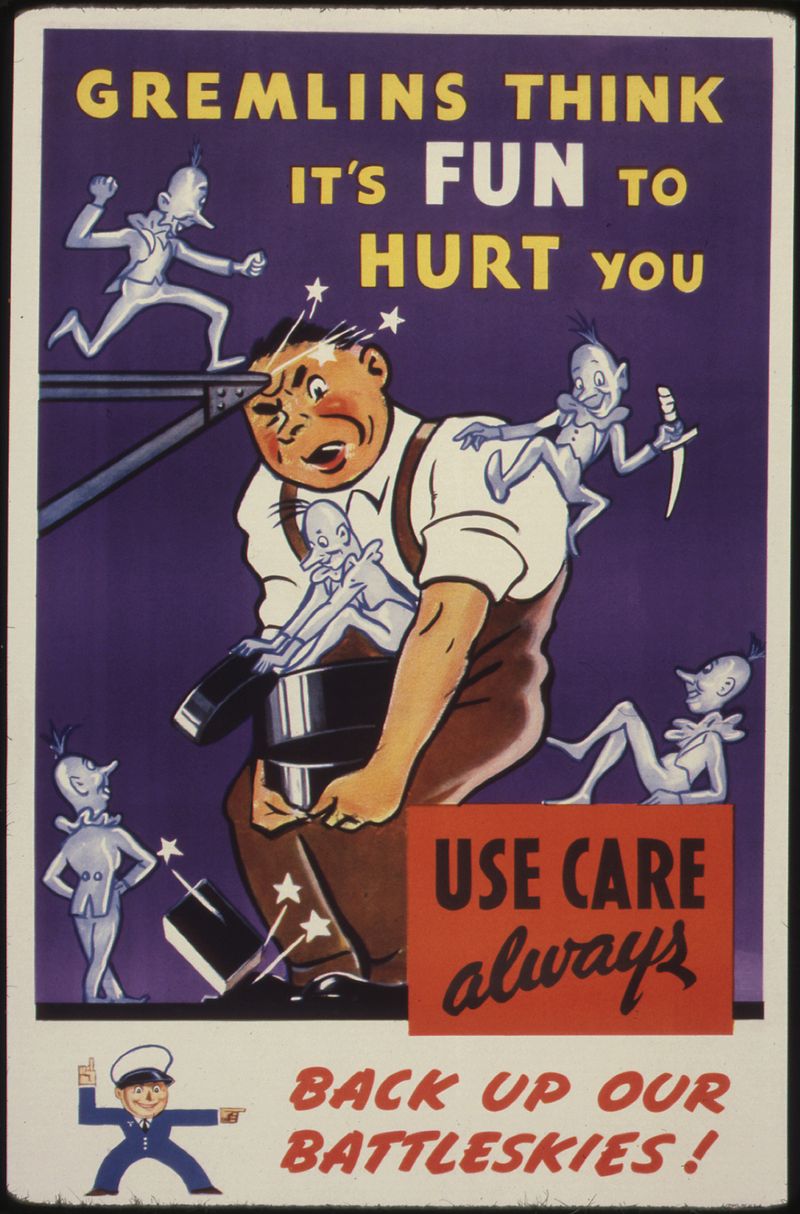
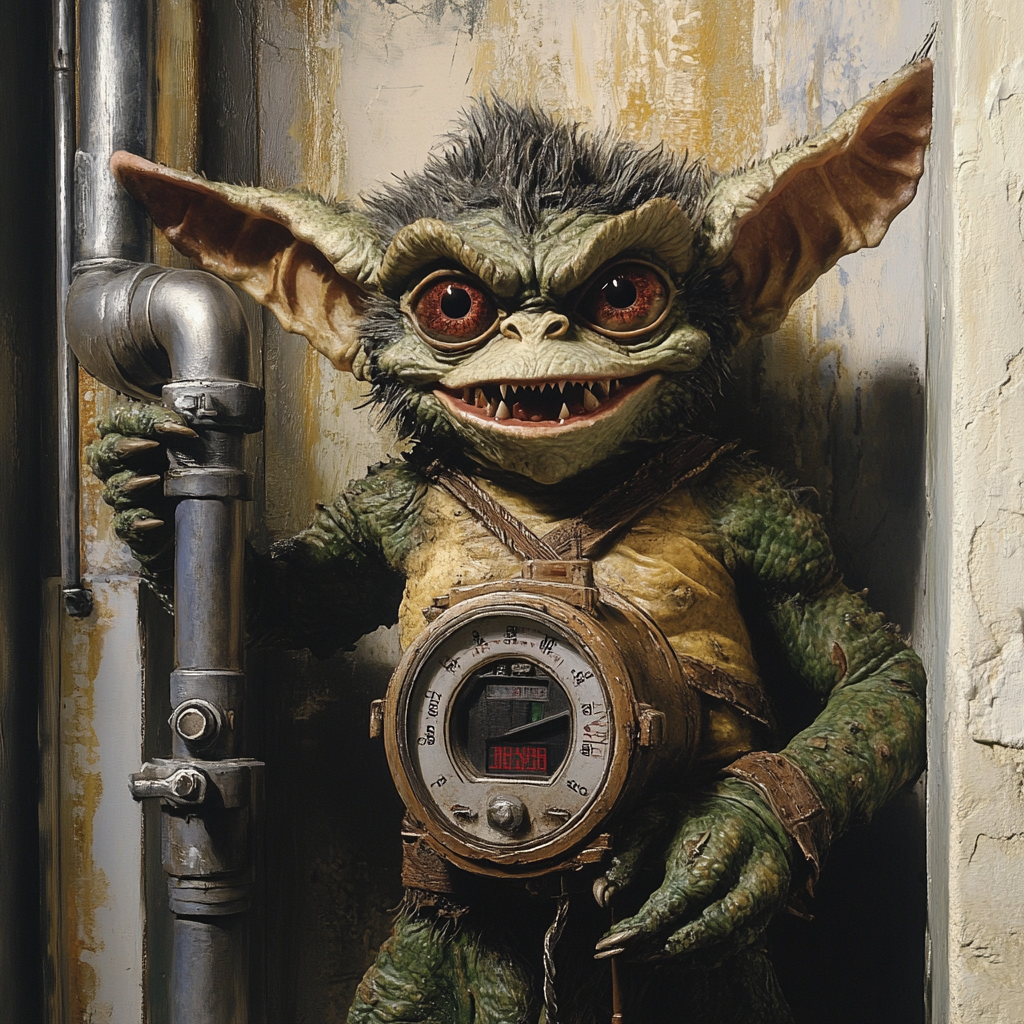
How does a poorly running submetering system affect a community? Obviously, if valid meter readings are not being received, the billing company will estimate usage. Estimated usage will either be under or over actual resident usage. If it is under, the community will not collect sufficient funds and will begin to lose thousands of dollars over time. If estimation continues over months or years that revenue will be irretrievably lost as residents move out, or the value of the under billing becomes so great that it would be difficult for residents to make up the difference.
If overbilling occurs, resident complaints will increase proportionately and faith in the integrity of the submetered billing will erode drastically. In reality, under or over billing will ultimately lead to resident dissatisfaction, and a host of complaints for property management and staff to resolve.
What is the solution? Partner with a company that frequently analyzes submetering system performance and has the expertise and manpower to effect timely and judicious repairs. Many billing companies lack adequately trained technicians, or rely on subcontractors that sporadically visit areas, have little familiarity with the community, and are compelled by financial imperatives to get on and off a property quickly. Think Utility Services holds plumbing licenses in multiple states. Our technicians are trained plumbers that can remove and replace meters as well as diagnose and repair the electronic systems. We have staff dedicated to evaluating properties continuously, and notifying property staff of failures with a request to repair. By partnering with Think Utility Services a community can increase income and reduce resident complaints. In short, we can send the gremlins packing. If you believe your submetering system is not performing well, please give us a call. Our experts stand ready to assist.

